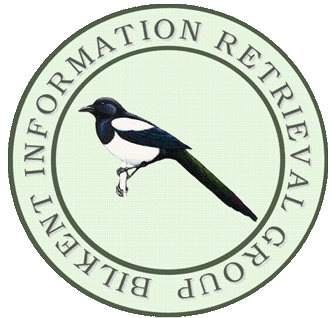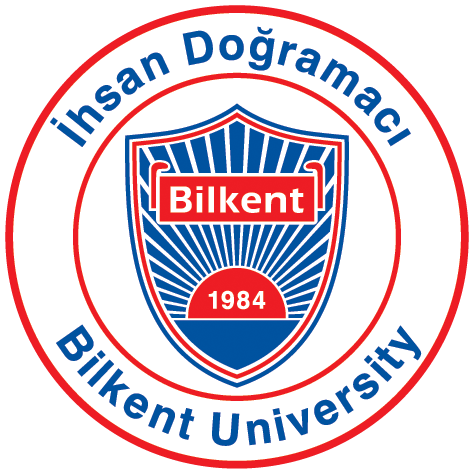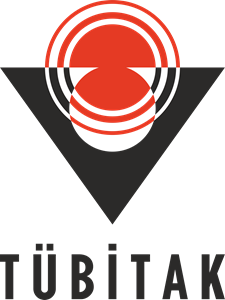Welcome to BilIR!
“Do only what only you can do.” Edsger W. Dijkstra

Bilkent Information Retrieval Group is founded at Bilkent University’s Computer Engineering Department and led by Prof. Fazli Can. It aims to develop effective and efficient information retrieval tools with emphasis on the Turkish language.
Below are the main research areas BilIR works on:
- Information Retrieval is the academic discipline which underlies computer-based text search tools.It tends to concentrate on mathematical models and algorithms for retrieval quality, but there is a great deal of valuable research in the field.
- Text mining, also known as intelligent text analysis, text data mining , unstructured data management, or knowledge discovery in text (KDT), refers generally to the process of extracting interesting and non-trivial information and knowledge (usually converted to metadata elements) from unstructured text (i.e. free text) stored in electronic form. This can be achieved either through added markup in XML, Atom or RDF formats or though the analysis of common phraseologies indicating certain relationships.
- Data mining (DM), also called Knowledge-Discovery in Databases (KDD) or Knowledge-Discovery and Data Mining, is the process of automatically searching large volumes of data for patterns such as association rules. It applies many older computational techniques from statistics, information retrieval, machine learning and pattern recognition.
- Topic detection and tracking (TDT) aims to develop technologies that search, organize and structure multilingual, news oriented textual materials from a variety of broadcast news media.
- Data Stream Mining aims to find interesting patterns in stream data with time and memory constraints.
Technologies and Frameworks We Use
For stream mining research, we use MOA and scikit-multiflow.
Joining BilIR
A letter from Fazli Can:
If you are good at four core practices of computer science (programming, systems thinking, modeling, and innovation*) you may be the right person for our research group. If you “can dream,” “can do,” and “can write” then you are the right person for our group. If you are interested in, please send me an email. For undergraduate students, a disciplined way of doing this is taking CS490 under my supervision. If you think that you can do research without enrolling to this course, you may also see me.
Affiliations


News
14 Jul 2019Our new website is online!
11 Jul 2019Alican defends his M.S. thesis.
29 Jan 2019Welcome to Sepehr and Pouya!